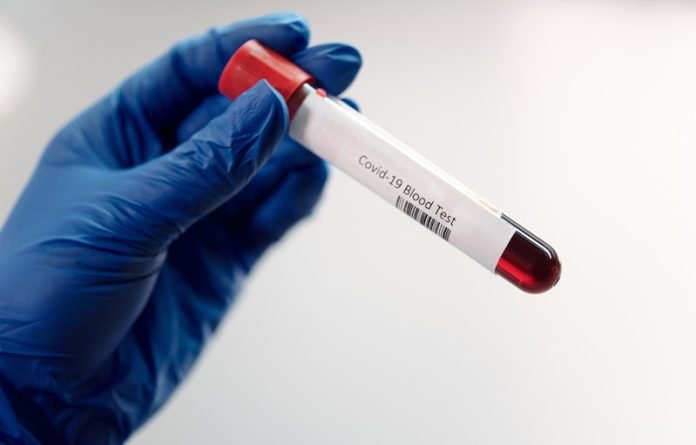
In a study from RUSH University and Northwestern, scientists found changes in the biochemical makeup of bulk plasma IgG, or Fc glycosylation, can predict COVID-19 disease severity and vaccine antibody response.
While efforts to improve COVID-19 vaccines continue, there are still gaps in scientists’ understanding of the body’s immune response to this novel coronavirus.
In the study, researchers set out to gain insight into the inflammatory state of people infected with SARS-CoV-2 by examining bulk IgG glycosylation changes in them as well as in vaccinated individuals.
Previous research has found that finding biochemical changes in bulk IgG could be a readout for the inflammatory state in these conditions.
The team reviewed samples of plasma from patients with mild COVID-19 and those hospitalized with the disease, and vaccinated people.
They found a correlation between people with increased inflammatory glycans and COVID-19 disease severity.
They also found that people vaccinated against COVID-19 with a low antibody response had a similar glycan profile as patients with severe infections.
The elevated inflammatory glycans in hospitalized COVID-19 patients increased over time, whereas patients with mild COVID-19 were found to have anti-inflammatory glycans that increased over time.
One particularly important IgG Fc glycan which was elevated in mild individuals was sialic acid, a critical modulator of the anti-inflammatory response, which also correlated with elevated SARS-COV-2 antibody levels.
These findings are a step forward in COVID-19 severity prediction.
The data suggests that the shift in antibody population dynamics, like the glycans reviewed in this study, could be crucial to whether or not an individual develops severe or mild COVID-19.
If you care about COVID, please read studies about the cause of post-COVID syndromes, and how vitamin B may help fight COVID-19.
For more information about COVID, please see recent studies about rare blood clots after COVID-19 vaccination, and zinc could help reduce COVID-19 infection risk.
The study was conducted by Jeffrey R. Schneider et al and published in Cell Reports.
Copyright © 2023 Knowridge Science Report. All rights reserved.



